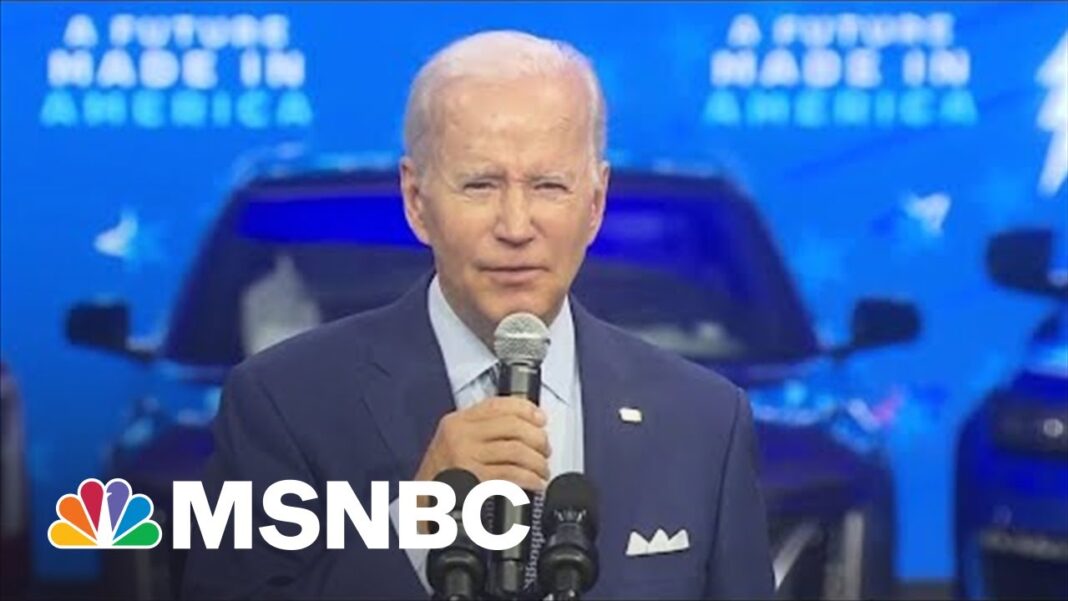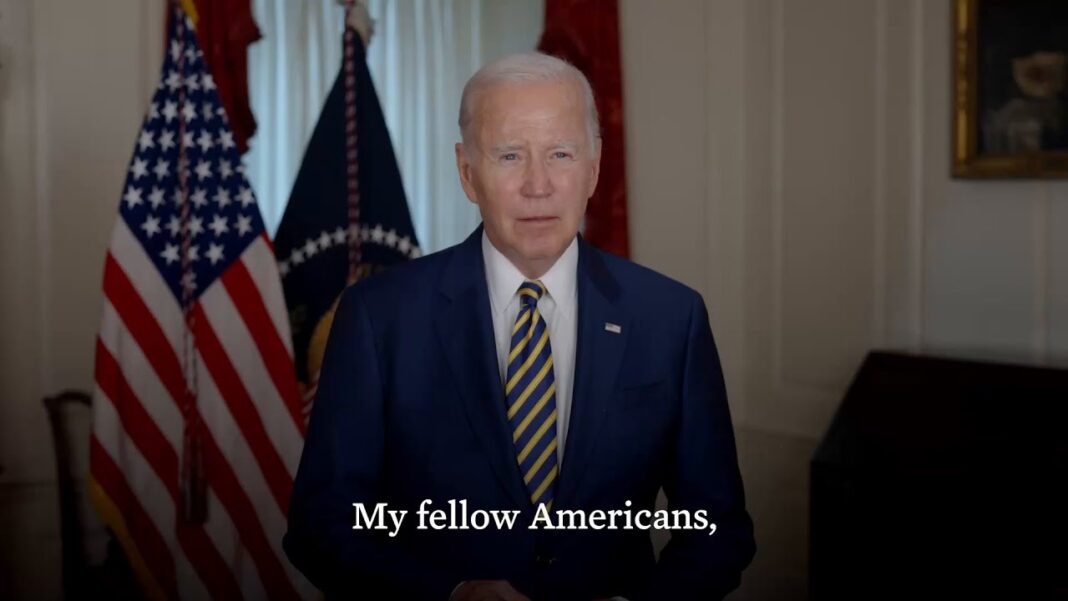Senate lawmakers narrowly passed a Republican-led bill on Nov. 8 that would reverse the Biden administration’s decision allowing it to waive some of the “Buy America” requirements for electric vehicle (EV) charging stations purchased using taxpayer dollars.
The Congressional Review Act (CRA) joint resolution, known as S.J. Res. 38, was introduced by Sens. Marco Rubio (R-Fla.), Roger Marshall (R-Kan.), Rick Scott (R-Fla.), and Kevin Cramer (R-N.D.) earlier this year.
The resolution, which passed in a vote of 50 to 48 on Tuesday, now heads to the U.S. House of Representatives.
The measure overturns a rule agreed to by the Federal Highway Administration (FHA) in February allowing temporary waivers on some domestic content requirements for federally funded electric vehicle charging stations.
Congress has set aside $7.5 billion to fund electric vehicle charging stations as part of the Biden administration’s push toward green energy.
Under President Joe Biden’s 2021 Bipartisan Infrastructure Law, federal infrastructure projects such as EV chargers are required to obtain at least 55 percent of their components including iron and steel, from domestic sources.
They must also be totally manufactured in the United States by 2024.
However, the FHA adopted the new rules in February following concerns among U.S. companies that increased global demand for EV chargers and supply chain issues were making it harder to meet the made-in-America standards.
The new rules mean the 55 percent requirement will not go into effect until July 2024.
Concerns Over China
At the time the FHA granted the short-term waivers, the agency said it would enable “EV charger acquisition and installation to immediately proceed.”
Republican lawmakers, however, raised concerns that the waiver would in turn make America more dependent on supply chains controlled by foreign adversaries, such as the Chinese Communist Party, and lead to American taxpayers’ dollars being spent on Chinese companies making EV charging stations.
In a speech from the Senate floor prior to Wednesday’s vote, Mr. Rubio said, “I think it’s especially important when we’re spending taxpayer dollars on propping up an industry that it have strong provisions that do so.”








